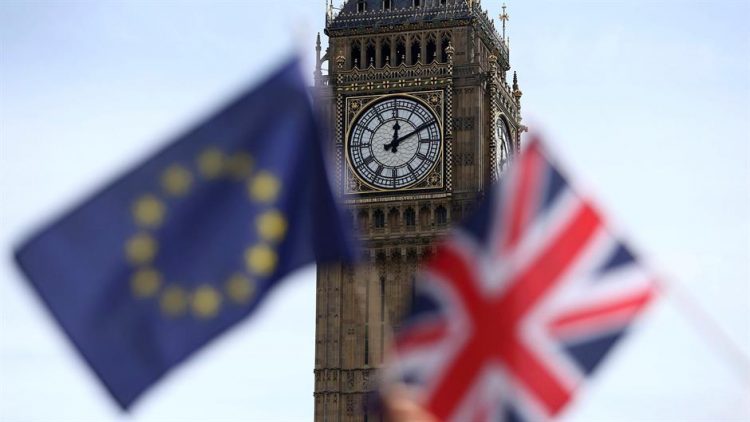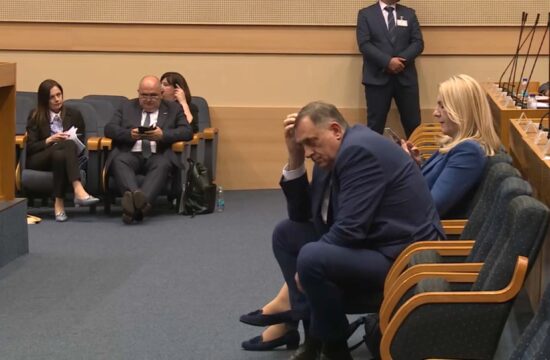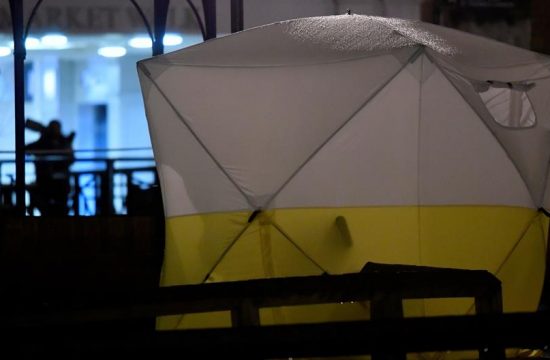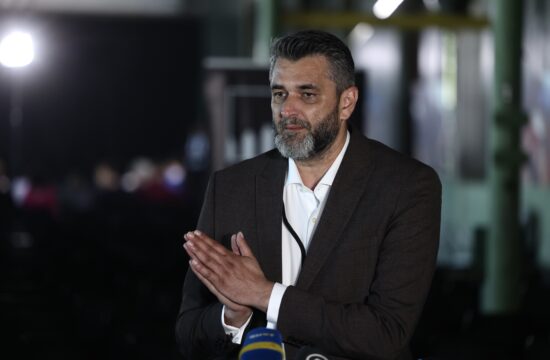
European leaders have dropped plans for a special November summit to complete a Brexit deal because of a lack of progress in negotiations, and have ramped up preparations for a chaotic split.
British Prime Minister Theresa May offered “nothing new” in a presentation to EU leaders at a critical meeting in Brussels, Belgium, the head of the European Parliament said on Wednesday.
EU leaders ordered negotiations to continue, and left open the possibility that a November summit could yet take place if a breakthrough can be reached, two EU sources told CNN. But they also ordered officials to intensify their preparations for a “no-deal” scenario.
The outcome offered a breathing space of sorts to the embattled British Prime Minister, who is under pressure in the UK from Brexiters who feel she has conceded too much to Europe, and from Remainers who fear Britain is on course to crash out of the EU without a deal.
But with the clock ticking to Britain's exit from the EU at the end of March, talks remain at an impasse, with no obvious way out.
May spoke on Wednesday evening, delivering a “message of goodwill,” but it was short on substance, said Antonio Tajani, president of the European Parliament, who was in the room for the address.
Tajani said both sides discussed the idea of extending a Brexit transition period from 21 months to 33 months. EU leaders have said they would be open to the idea in order to solve difficult issues such as the status of the Northern Ireland border. But such an arrangement would go down badly with Brexiters in Britain who believe that the UK would remain stuck in EU limbo – unable to influence policy-making but still paying billions of euros a year into the bloc.
May would not be drawn on the possibility of an extension to the transition when she arrived for the summit.
If no Brexit deal is reached when Britain leaves the EU at the end of March, there are fears of chaos at cross-channel ports and airports as customs and aviation agreements fall away. The Bank of England has warned the UK economy would take an immediate hit.
The biggest outstanding problem remains the issue of how to avoid the need to construct new infrastructure along the Irish border. The removal of border posts was crucial to the agreement that ended years of deadly sectarian violence in the province.
European leaders want a “backstop” agreement, whereby in the absence of other solutions, Northern Ireland would remain aligned with European regulations on goods and services, including customs arrangements after Britain leaves the bloc. May opposes this because, she argues, it amounts to splitting the UK into different customs zones, which would be politically unacceptable.
“The key point is the backstop, the Irish Republic. We want to protect the Irish Republic, for us, it is a priority,” Tajani said in a news conference. “I am optimistic, it's not easy… but it is possible to achieve an agreement.”




